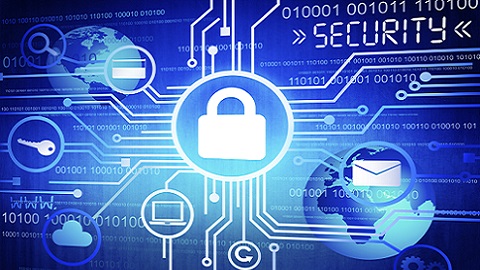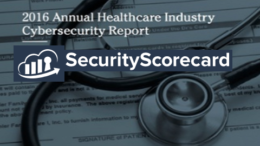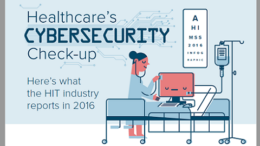Cybersecurity and Healthcare Panel Discussion with Government and Industry Experts
By David Harlow – I recently moderated the Second Annual Cybersecurity and Healthcare panel discussion, produced by HITECH Answers, with some all-star panelists: Mac McMillan, Lee Barrett, Bridget Wahlstrom and Iliana Peters.
Read More







